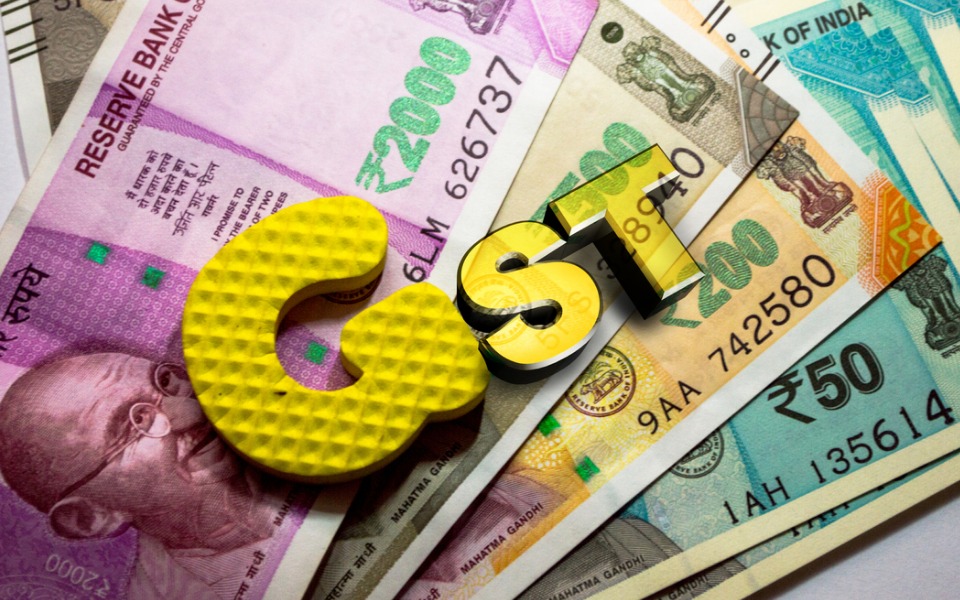
GST row: Centre should borrow, four CMs write to PM, FM
Two days after the GST Council meeting last week, where all non-BJP states rejected the Centre’s proposal, at least four of them have written to the Centre about an “alternative plan” –the Centre, rather than the states, should borrow to meet the compensation deficit under the GST regime.

Two days after the GST Council meeting last week, where all non-BJP states rejected the Centre’s proposal, at least four of them have written to the Centre about an “alternative plan” –the Centre, rather than the states, should borrow to meet the compensation deficit under the GST regime.
The Centre and Opposition-ruled states have serious differences over the financing of the GST shortfall of ₹2.35 lakh crore in the current fiscal. Of this, as per the Centre’s calculation, about ₹97,000 crore is on account of GST implementation and the rest is the impact of coronavirus on states’ revenues.
The CMs of Telangana, Delhi and Tamil Nadu have reportedly written to the Prime Minister, while Chhattisgarh CM has written his suggestion to Finance Minister Nirmala Sitharaman.
Under the Goods and Services Tax (compensation to states) Act 2017, states are guaranteed compensation for loss of revenue on account of implementation of GST for a transition period of five years (2017-22). Delhi CM Arvind Kejriwal in his letter to the PM said this legal provision should be explored by the Centre.
The Centre had offered two options before the states revolving around the premise that they should borrow and then meet the repayment liabilities. But this would put a heavy burden on the states, Kejriwal said. The GST Council should, Kejriwal argued, consider authorizing the Centre to borrow on its behalf, which can be serviced and repaid “by the future GST collection cess from 2022.
Kerala Finance Minister Thomas Issac, too, suggested the same. “Central borrowing is very simple, they can directly borrow from the markets… but if they are afraid that interest rates will rise and so on, monetize the debt. Simple. That’s what all the countries are doing,” Issac told a newspaper.
Isaac said the GST law provides for calculation of compensation loss and there’s no distinction on account of Covid, so such a distinction being made by the Centre is “illegal”, and can be challenged in court.
A legal recourse to challenge the two options is also on the table, though several state finance ministers said that would be the last resort. A voting on the issue may come up at the next GST Council meeting, which is slated to be held on September 19.
In his letter, Telangana CM K Chandrashekar Rao has said that the states are facing increased expenditure due to Covid-19 and a revenue shortfall due to “no major buoyant taxes of their own” after the implementation of GST. But, he said, the Centre is still left with buoyant sources such as the income tax, corporation tax and customs duties.
“The argument that the additional borrowings by the Centre influences yields on Central government securities and has other macroeconomic repercussions is not very convincing. The borrowings by the Centre as well as the states are from the same financial system and their impact on the macroeconomic situation is not very different. Borrowings by the states will also push up the yield on government securities,” Rao said.
Tamil Nadu Chief Minister Palaniswami said in his letter that both the Centre’s options are “administratively difficult to implement and more expensive”. “Whether the Government of India borrows or the state governments borrow, for rating agencies and others who monitor the macroeconomic indicators, it is the overall general government deficit that is relevant. The argument that states borrowing for what is essentially a Government of India obligation is a seemingly better optical arrangement and does not appear to be a strong or valid reason,” he said.


